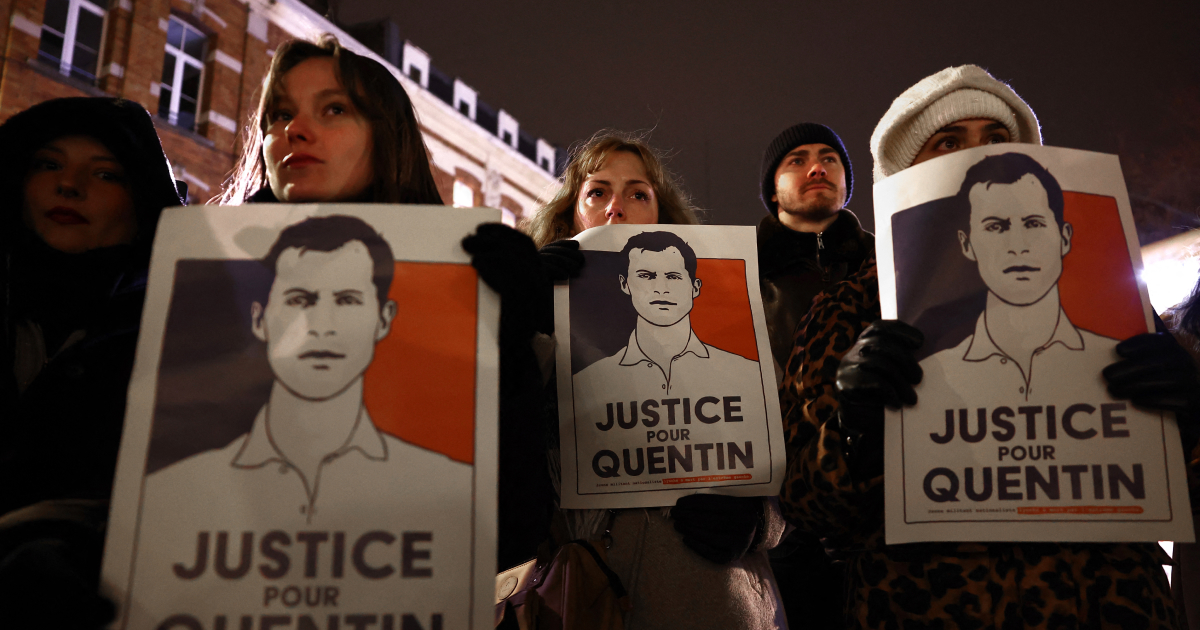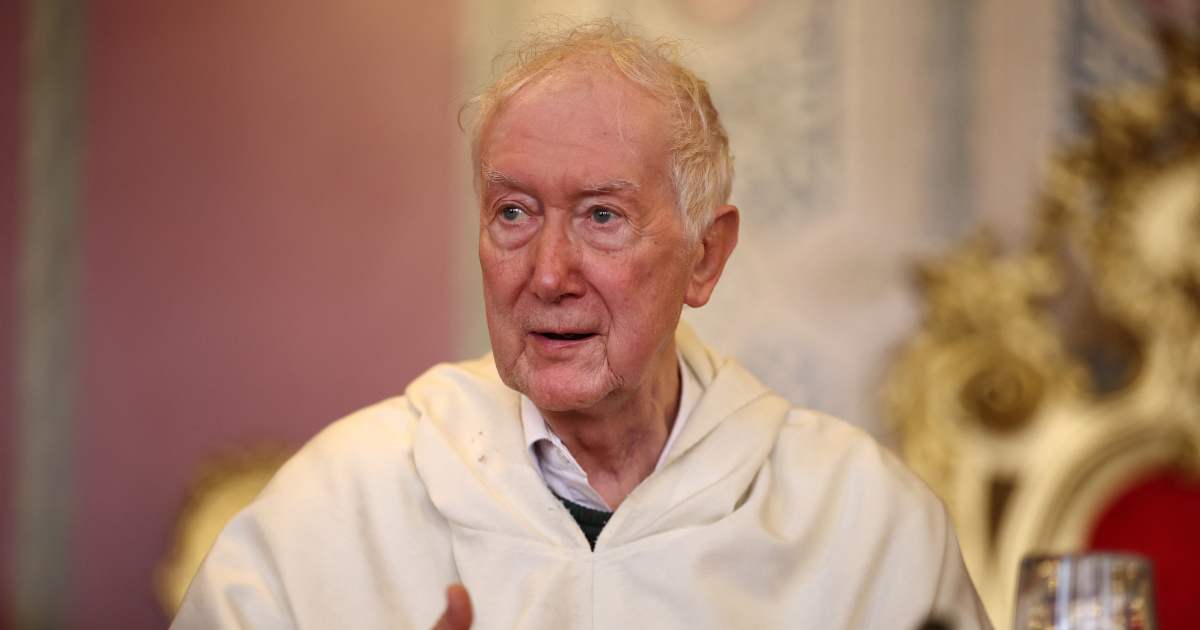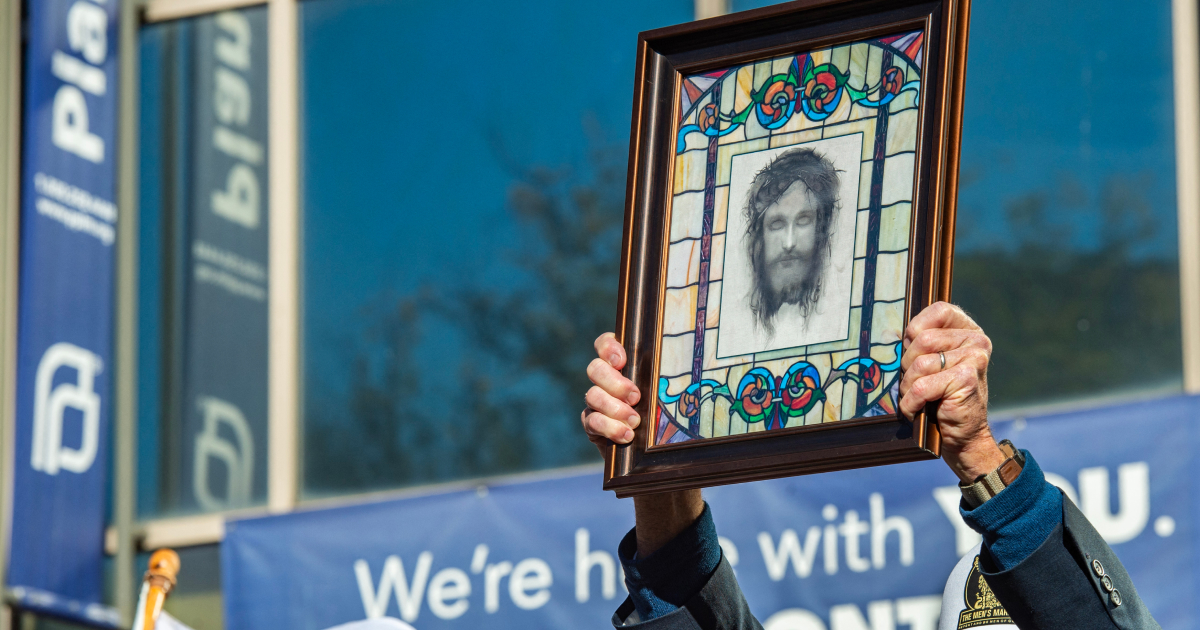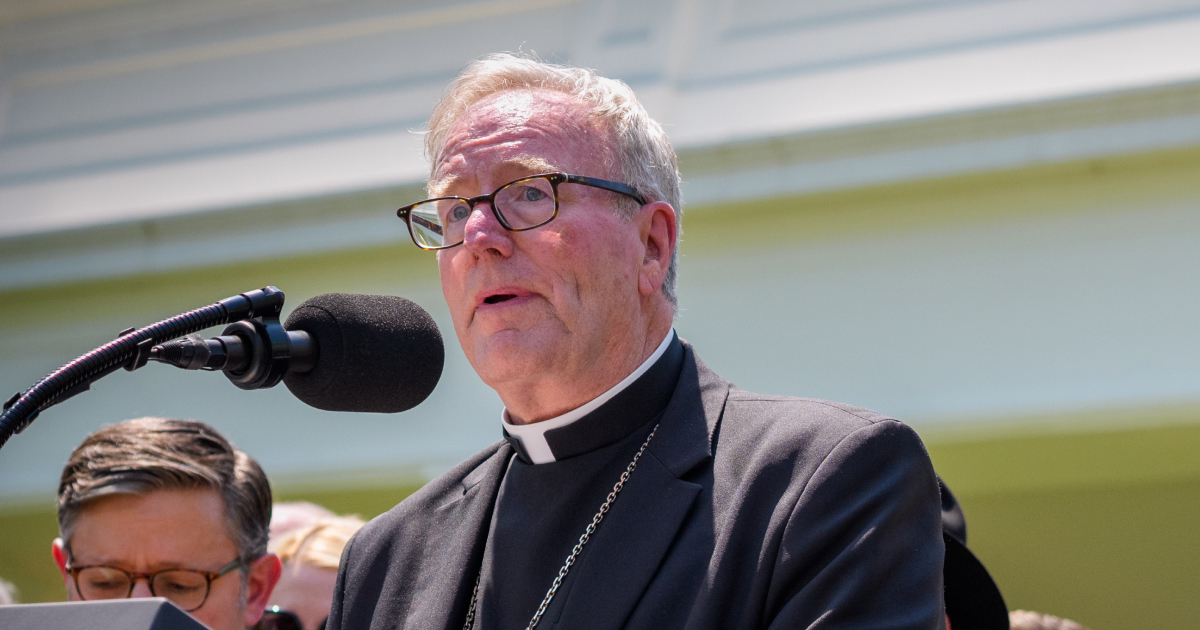Scotland’s prosecution service has said it will take no further action against a 75-year-old woman who became the first person charged under the country’s new “buffer zone” law.
Rose Docherty was arrested in February outside Glasgow’s Queen Elizabeth University Hospital while standing with a sign reading: “Coercion is a crime, here to talk, only if you want.” Though she was charged under Scotland’s Abortion Services (Safe Access Zones) (Scotland) Act, the Crown Office and Procurator Fiscal Service (COPFS) confirmed it would not pursue the case.
Docherty called the decision “a victory for common sense", reports BBC Scotland News. “I just did what I thought was right," she said. "To be warned for having stood on the streets of Glasgow offering to have a conversation if anyone wants to come and speak to you – it just seems preposterous.”
The BBC reports that doctors at the QEUH previously said that the actions and protests by pro-life activists, which have been held outside the hospital for nearly 10 years, were upsetting and intimidating for patients and staff.
A spokesperson for COPFS on 14 August said: “Professional prosecutors from COPFS considered the report. All Scotland’s prosecutors operate independently of political influence.
"After careful consideration of the facts and circumstances of the case, including the available admissible evidence, it was decided that there should be no further action taken at this time. The Crown reserves the right to take proceedings in relation to this incident in the future.”
The US administration of President Donald Trump has applauded the Scottish prosecutor service's decision to clear the 75-year-old pro-life campaigner over her silent protest, reports the Daily Telegraph.
The initial arrest of Ms Docherty caught the attention of the Trump administration and she was visited by White House officials a month after her arrest. Afterwards, she commented that it was “heartening that others around the world, including the US government, have realised this injustice and voiced their support”.
Responding to the Scottish ruling, a spokesperson from the US state department told the Telegraph: “We applaud Scotland’s sensible decision to refrain from further legal action against Rose Docherty."
The spokesperson added: “The United States stands with all those fighting for free speech and religious liberty.”
Scotland’s 200-metre “safe access zones” took legal effect on 24 September 2024. By contrast, England and Wales operate 150-metre zones under the Public Order Act 2023 (that commenced 31 October 2024), while Northern Ireland sets zones of 100 metres that may be extended up to 250 metres.
Advocates of Scotland’s 200-metre exclusion zones insist they are designed to shield women from harassment and intimidation. Yet the first test case did not involve placards with graphic imagery, loud confrontation or organised demonstrations. It involved a 75-year-old woman quietly holding a sign with a simple message.
Critics of the new Scottish law note that the contrast between the legislative intent and the reality of Docherty’s conduct raises serious questions about whether the law is proportionate and whether it risks criminalising forms of expression that are both peaceful and unobtrusive.
They have also pointed out that, as in England, police already have powers to act against harassment, without the need for new legislation that risks silencing speech altogether.
Photo: Members of the pro-life 40 Days For Life group hold a vigil near to the Queen Elizabeth University Hospital, Glasgow, Scotland, 5 March 2025. (Photo by Jeff J Mitchell/Getty Images.)





.jpg)











